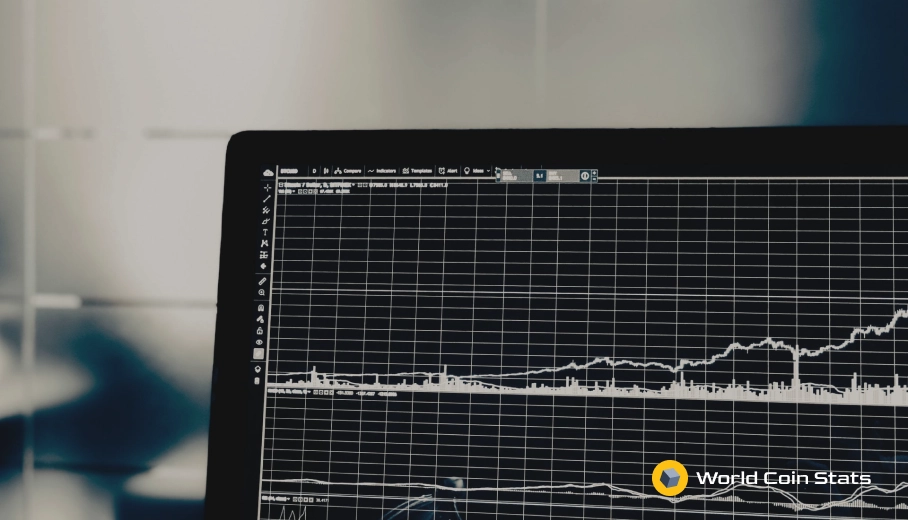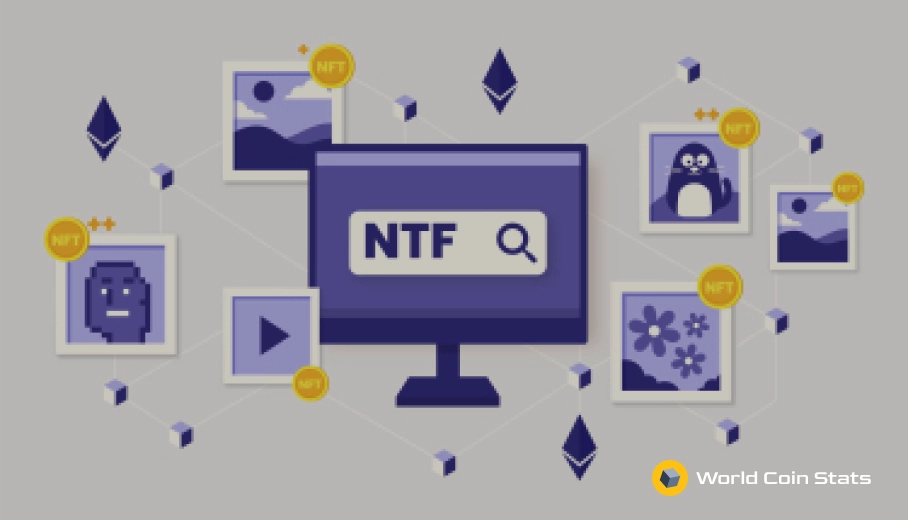Synthetic Stocks Can’t Be Banned
Synthetic stocks are a common aspect of decentralized finance (DeFi). However, there is a little bit of a misconception about what exactly a synthetic stock actually is. Furthermore, there is a misconception about the legality of synthetic stocks and the ability of governments to regulate them.
This article will explain everything you need to know about synthetic stocks in DeFi. And that will include the ability of regulators to regulate them.
Synthetic Stocks Explained
Synthetic stocks are a little more complicated than standard stocks, but they function in the same way. This is why they are called synthetic stocks – they are a sort of artificially created stock that has all the functionality of a standard stock.
Anyway, a standard synthetic stock can be created by purchasing a call option and selling a put option at the same strike price. If the price increases, then you exercise the put option (sell the stock at current price) and call option (buy the stock at strike price).
Again, this functions exactly the same as a regular stock, but the capital outlay required for this is much less than a standard stock.
Now, that type of synthetic stock created by options would work in DeFi, but that really isn’t the best use case for DeFi.
Instead, a DeFi protocol could theoretically create a synthetic stock based on any publicly traded company by tokenizing the stock. It would be synthetic because the token is not the actual stock, but the price would theoretically track the price of the stock.
Now, is this legal or would it fall under regulation from the SEC?
In both cases, synthetic stocks would fall under regulation from the SEC. However, as we will explain in the next section, regulating anything on DeFi is difficult.
The Problem with Regulating Synthetic Stocks
So, these hypothetical synthetic stocks on DeFi would probably come under SEC regulation. The problem with the SEC regulating anything on DeFi?
It’s decentralized, which makes it very difficult to regulate.
For instance, Sushiswap is a decentralized cryptocurrency exchange on DeFi with billions of total value locked (TVL) locked into that platform.
It’s also completely anonymous. No one knows who founded SushiSwap nor does anyone know the identity of those staking or trading their cryptocurrency on the platform.
This anonymity applies to everything with DeFi. Sure, some DeFi protocols have founders that are known to the public, but a large amount of them remain anonymous.
How can you regulate a business that has no central office, anonymous founders, anonymous users, and essentially runs on autopilot?
You can’t.
In fact, it’s similar to government attempts to regulate Bitcoin. The government might be able to make it more difficult to use the technology, but completely eliminating the technology once it’s in full use is extremely difficult.
Are DeFi Stocks The Future?
Probably not. As much as we like DeFi, the problem with DeFi for stocks is that stocks are something that almost requires regulation to prevent massive fraud.
In fact, DeFi has seen a large amount of fraud because of the anonymous nature of it.
However, synthetic financial instruments related to cryptocurrency on DeFi protocols are extremely likely.
A good example is options trading cryptocurrency on DeFi. These are considered synthetic cryptocurrencies, which means that the capital outlay required to invest in cryptocurrency is lowered.
Synthetic cryptocurrency also allows one to hedge their cryptocurrency investment by purchasing call or put options.
Final Thoughts
That covers it for why synthetic stocks and synthetic cryptocurrency cannot be banned. The short answer is that governments would love to ban the sale of synthetic stocks and synthetic cryptocurrencies on DeFi protocols. The problem is that regulating the DeFi ecosystem is extremely difficult.
In fact, it’s borderline impossible to regulate DeFi. Could the government shut down some DeFi protocols?
Of course, the problem is that they shutdown one protocol and a new one appears. It’s the same with darknet marketplaces – it would turn into a game of whack-a-mole if the government attempted to regulate these DeFi protocols.




